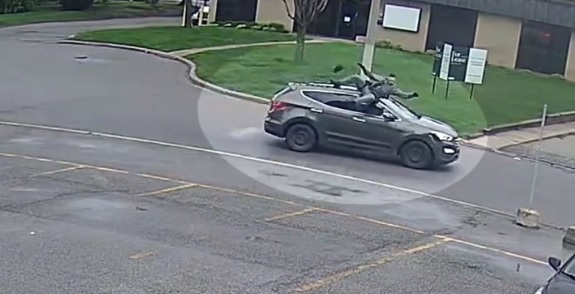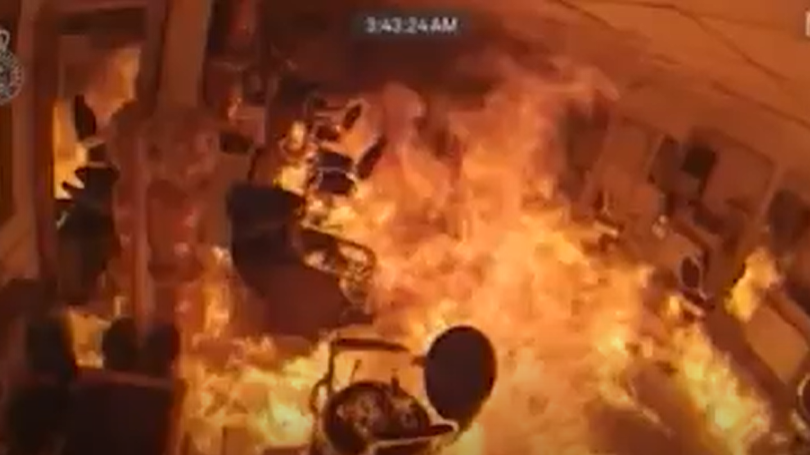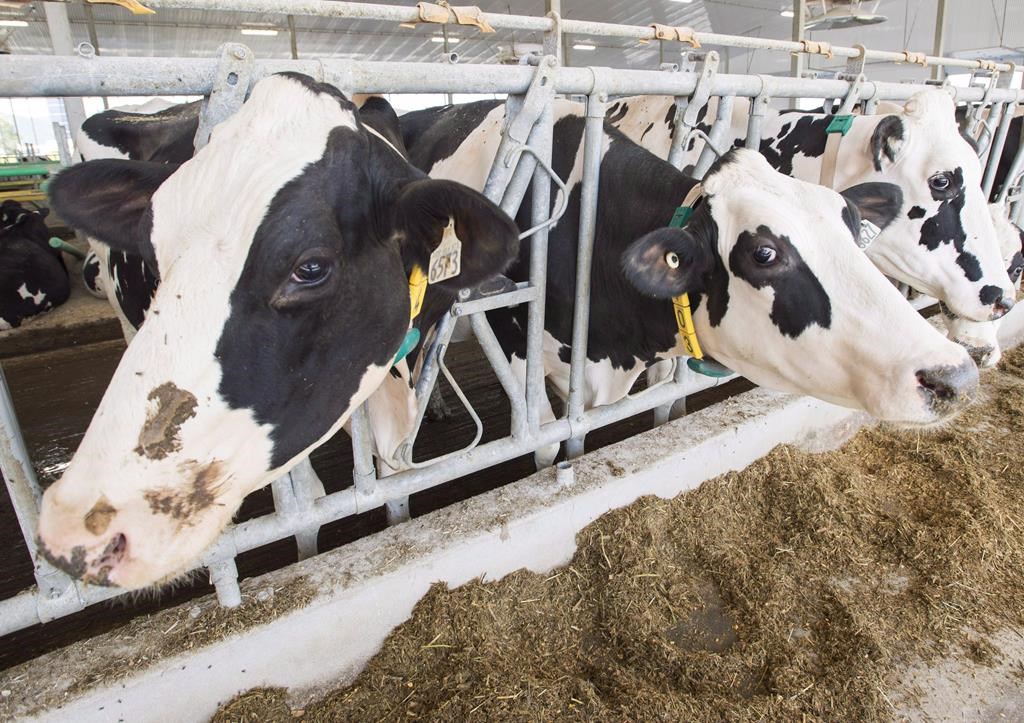UK police say 3 schoolgirls who went to Syria won’t be charged with terrorism if they return
Posted March 10, 2015 1:15 pm.
This article is more than 5 years old.
LONDON – Three British schoolgirls who travelled to Syria to join the Islamic State group won’t be prosecuted for terrorism if they return, a senior British police officer said Tuesday.
Police chiefs also defended their handling of the case, denying a lawmaker’s allegation that the failure to stop the teens was “a huge blow” to the credibility of the force.
Mark Rowley, head of counterterrorism for the Metropolitan Police, told lawmakers that “we have no evidence to support (the teens’) involvement in terrorism.”
The journey of the three 15- and 16-year-olds last month shocked many in Britain, left their families bewildered and highlighted the difficulty of halting the radicalization of young Muslims. Relatives say police failed to inform them that a school friend of the teens had gone to Syria in December. They say if they had they known, they would have looked for any warning signals of radicalization.
They also accused the police of not acting quickly enough once they reported the girls missing.
“I feel so let down by the police, because we gave them everything,” said Sahima Begum, sister of one of the girls. “We gave them every piece of information.”
The girls’ relatives and senior police officers appeared before Parliament’s Home Affairs Committee Tuesday as it tried to understand how three apparently smart teenagers from east London developed the desire, and the means, to travel to a region controlled by the bloodthirsty militant group.
Sahima Begum said her sister Shamima “was into normal teenage things. She used to watch ‘Keeping up with the Kardashians’ and things like that.”
But police say the girls were being radicalized, unbeknownst to their parents. One followed many extremists on social media. Shamima Begum stole her older sister’s passport and used it to travel to Turkey, and Rowley said the trio bought their plane tickets with more than 1,000 pounds ($1,500) in cash, obtained by stealing jewelry from one of the families.
Committee chairman Keith Vaz suggested the failure to stop the girls from reaching Syria was “a huge blow to the credibility” of the Metropolitan Police. But Rowley said it was unrealistic to expect police to spot and stop radicalization “if the parents can’t see changes in behaviour … if people in the community don’t spot it.”
The families of Shamima Begum, 15, Kadiza Sultana, 16, and 15-year-old Amira Abase are angry that they were not informed that police had spoken to their daughters shortly after their friend disappeared in December. Police interviewed the girls a second time in February and gave them letters to hand to their parents saying that police had spoken to the girls about their missing friend. The letters were not passed on.
Metropolitan Police Commissioner Bernard Hogan-Howe said he was sorry for what the families were going through and sorry they had not received the letter, but said there “was nothing more we could have done to prevent” the three girls from leaving.
Rowley said the flow of young Britons to Syria continued, with up to 700 known to have gone to join militant groups.
“That’s a minimum,” he said.
Britain’s police and intelligence services have also been criticized for allowing Mohammed Emwazi, who has been identified as the Islamic State militant known as “Jihadi John,” to slip through their net and travel to Syria, even though he had been on their radar for years.
But Foreign Secretary Philip Hammond said Tuesday that “the dedication, and in many cases the brilliance, of our intelligence officers” had kept Britain safe in the face of myriad threats, from state-sponsored aggression to terrorist groups and lone-wolf attackers.
He rejected allegations by the Muslim advocacy organization CAGE that heavy-handed attention from British spies helped radicalize Emwazi.
“The responsibility for acts of terror rests with those who commit them. But a huge burden of responsibility also lies with those who act as apologists for them,” Hammond said.










